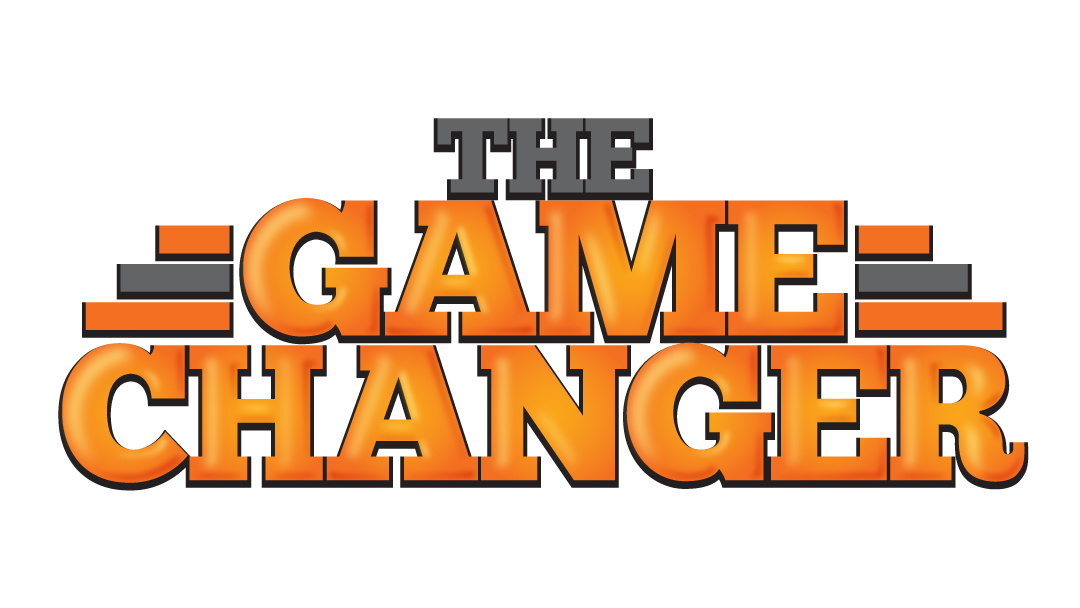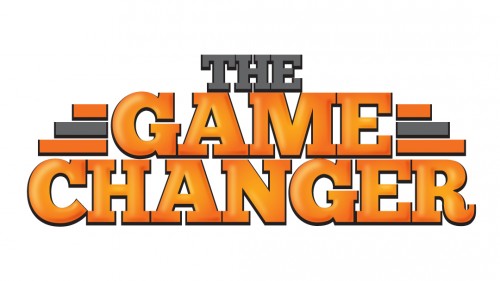
The Game Changing Semester

Photo Credit: http://www.qbuzz.qnet.net/blog/2015/01/16/game-changer-2015-logo-revealed/
This semester, my Critical Reading and Writing Class has focused on Literary Game Changers, those authors who transformed literature in such a way that we still see its effects today. The course syllabus, crafted by Professor Alexis Pride, includes
- Don Quixote by Miguel Cervantes
- Gulliver’s Travels by Jonathan Swift
- Mrs. Dalloway by Virginia Woolf
- As I Lay Dying by William Faulkner
- Their Eyes Were Watching God by Zora Neale Hurston
- The Bluest Eye by Toni Morrison
and a manila folder filled with supplemental reading like Swift’s A Modest Proposal, George Orwell’s Animal Farm, and Richard’s Wright’s criticism on Hurston’s modernist work.
So many texts to answer one seemingly simple question:
What makes a game changer?

The cover of the book that changed the game for second grade me.
Our personal game changers are easy to identify: those books that changed our lives, that set the standard for any other book we’d ever read afterward, that inspired us to write. When I think of my own game changers, I think of Roll of Thunder, Hear My Cry by Mildred D. Taylor — my first novel ever; possibly my only chapter book with a sassy black girl in plaits who looked like me on the cover; the book I received in second grade and read every year up until middle school, growing into it. Or, I think J. K. Rowling’s Harry Potter series — the first body of work that made me consider the amount of world building that goes into a story, that showed me that one book can have multiple stories existing on different planes.
But what about the game changers that exist outside of your own personal experience? How do you define them as game changers? What do you look for?
Early into the semester, we established that “avant garde” doesn’t necessarily equal “game changing.” Being game changing is more than being experimental. I think the game has to be more than just flipped; it has to continue to be changed after the author has stopped writing. The elements flipped have to continue to be flipped or tweaked by authors going forward. Look at Gertrude Stein as opposed to Virginia Woolf. Stein’s Dada-styled Tender Buttons is often discussed in modernist classes (shoutout to my own Literary Modernisms course taught by Professor Holdstein) but that inventive writing aesthetic has not continued to be practiced after her while the stream of consciousness permeating Woolf’s work has persisted — although maybe not in as extreme a form.
And then there are the unknown game changers. Cervantes’ Don Quixote is regarded by many as one of the first modern novels. But Murasaki Shikibu’s own epic tale, The Tale of Genji preceded Cervantes’ by over 600 years. A more contemporary example is Zora Neale Hurston, who’s feministic work actually went out of print once she died in obscurity. She didn’t regain recognition until several authors, among them Alice Walker, went looking for her.
Game changing authors don’t actually sit down to the page with the expectation of them changing the game. Often, they just craft the story within them as authentic to themselves as possible. Readers and fellow writers feel that authenticity — sometimes during the same time period as that of the author writing, often much later — and try to recreate what they see happening on the page
And then, in what appears to be a blink of an eye but is often a lot more slower, the writing game as you know it has been changed.
